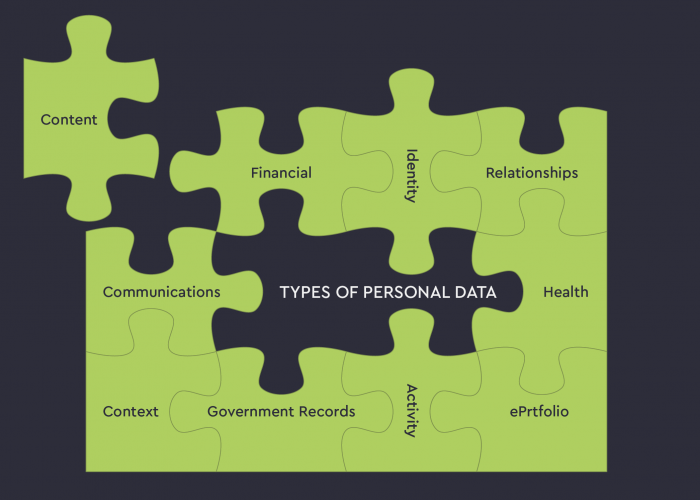Is your phone really listening to you?
Revisiting the truth behind this concerning issue with Edward Snowden
In a recent interview by Joe Rogan Experience (JRE) Clips, Edward Snowden, an ex-CIA employee discussed whether smartphones are listening to our conversations.
For instance, have you noticed that shortly after talking about going on a vacation with your friends or family you see a “pin-point accurate targeted-ads” regarding recommended travel destinations? Discussing aloud the dos and don’ts of buying a vacuum cleaner, as if by magic you then watching ads about the best vacuum cleaners in 2021.
Is it just a coincidence? It seems that the Instagram, Twitter feed, and YouTube ads are calling us to actions the advertiser needs. Sounds creepy.
With the development of technology, devices are becoming smart, as they are making our life more comfortable, but at what price? Have you ever thought about why such marketing giants like Facebook and Google, and other social media platforms, keep up with your needs for FREE? Simple as that, he who rules the data, rules the world. Virtually data is the new oil.
As studies show, 76% of marketers, globally, fail to use behavioral data of customers to increase their sales with these new marketing techniques and ad strategies. It is only natural that these advanced algorithms are only developed by tech giants, who can harness the power of such largely collected data.
An investigation conducted by Northeastern University researchers revealed that 17,000 popular mobile applications were in fact recording and sending user’s behavioral and analytical data to other third parties. Therefore, when you accept the user agreement without reading it, you hereby consent to the processing of your personal data.
What’s wrong with voice-assistant applications?
Siri, Alexa, Google assistant — we all are aware of these AI-based virtual assistants. But are they trustworthy? Unlike other mobile applications that collect behavioral data, these types of assistants can actually earwig your conversations. They are always listening for the specific word or phrase that is configured by the user as their ‘wake-up word’. Likewise, these assistants record, analyze, and transmit user’s voice data to third-party servers to help the manufacturing companies to use the recorded voice data of users, “to improve” their products accordingly.
Edward Snowden concludes in the interview regarding how companies have made extensive legal forms of digital agreements that state and revoke the rights of devices or application owners that “some” type of collected data will be the property of the companies. You can never be too digitally secure while using the technology until there is a switch or mechanism that can allow you to take control of what application connects to what types of data servers and for how long.
Right data can be sold at a high price to the right buyer in today’s intelligence-gathering market. Your personal information is valuable to both — large companies and malicious hackers. However, if hackers compromise your digital privacy, it is an illegal act, but if companies use your behavioral data for improving their products, then it’s an innovation.
How can you improve this?
While signing up to the social media platforms, by configuring your personal settings, specifying your interests, hobbies, etc. you’re already giving away a huge amount of your personal information to these tech giants.
It is unlikely that you will be able to go technologies-free tomorrow and move to live in a cave. Let’s be realistic. As long as you use applications and devices, you will have to sacrifice at least some amount of your personal information. However, there are 3 simple rules to keep your privacy uninvaded by intruders:
- do not share anything and everything on social media, keep balance;
- read user agreements and do not accept the default settings;
- practice cyber hygiene habits.




